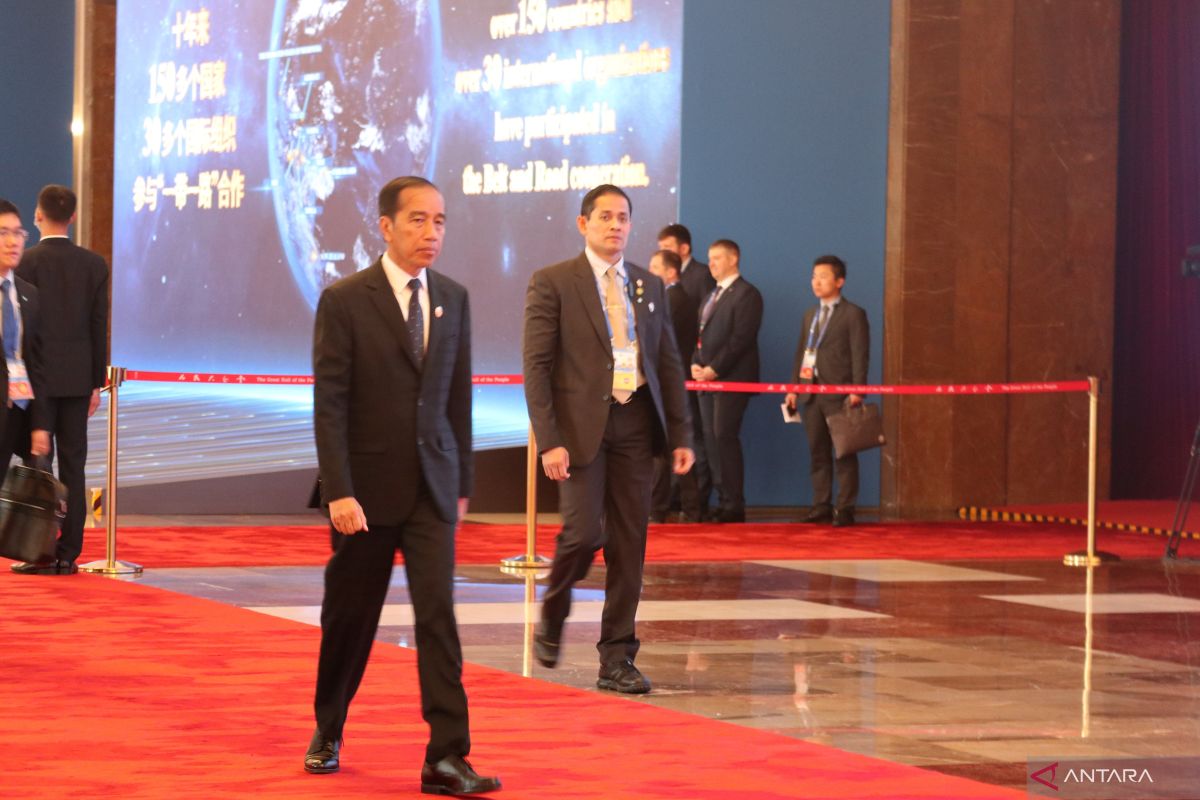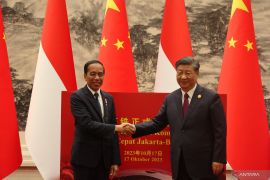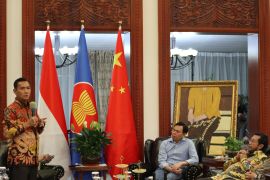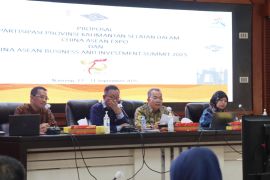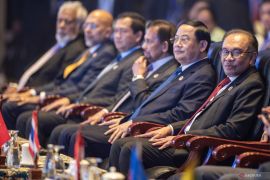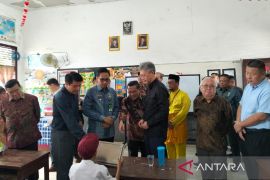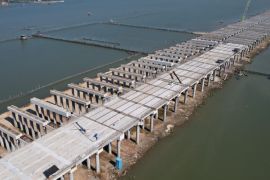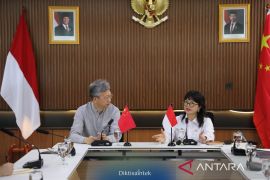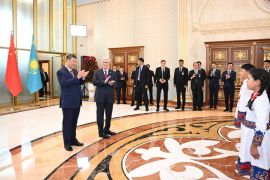"The BRI project must be based on the principle of equal and mutually beneficial partnership and equipped with careful planning," President Jokowi remarked while delivering his remarks at the opening ceremony of the 3rd Belt Road Forum (BRF) High-Level Conference at the Great Hall of the People, Beijing, Wednesday.
President Jokowi delivered remarks at the event that was preceded by remarks from President Xi Jinping, Russian President Vladimir Putin, and Kazakhstan President Kassym-Jomart Tokayev.
After President Jokowi, Argentine President Alberto Fernandez and the Ethiopian prime minister also made an appearance, and finally, UN Secretary General António Guterres gave a speech.
"Use of a transparent funding system, absorption of local workers, and utilization of domestic products," the president stated.
President Jokowi also expressed hope that the sustainability of the BRI project would be ensured for the long term and strengthen the country's economic foundation.
"And not making the fiscal condition more difficult," the president added.
Moreover, President Jokowi expressed his gratitude to the Chinese government and President Jinping for their contribution to developing countries through BRI.
"The Chinese proverb says 'Yu gong yi shan', persistence will make miracles happen. Let us fight persistently together to advance economic development and realize people's prosperity," the president concluded.
Minister of State-Owned Enterprises as Ad Interim Coordinating Minister for Maritime Affairs and Investment Erick Thohir, Minister of Trade Zulkifli Hasan, Cabinet Secretary Pramono Anung, and Indonesian Ambassador to China Djauhari Oratmangun, also accompanied the president.
The BRI is a program introduced by President Jinping in 2013 under the name One Belt One Road (OBOR).
At that time, Xi was keen to revive the glory of the Silk Road in the 21st century. The strategy involves massive investment and infrastructure development in 152 countries spread across Europe, Asia, the Middle East, Latin America, and Africa.
The belt refers to the land route in the form of a road that connects China to Central Asia and South Asia, as well as Europe and the railway that is also known as the Silk Road Economic Belt.
Meanwhile, road refers to the sea route or Maritime Silk Road in the 21st Century that connects China to Southeast Asia, the Middle East, East and North Africa, and Europe.
To raise funding for BRI infrastructure projects, the Asian Infrastructure Investment Bank (AIIB) was formed.
China has the largest stake in AIIB, which is 26 percent, while Indonesia is the eight-largest depositor for AIIB, with a capital contribution of US$672 million (around Rp10.23 trillion) that is paid in stages over five years.
Infrastructure projects in Indonesia that receive funding from AIIB include energy projects, water management, agriculture and rail-based transportation, both light rail transit (LRT) and high-speed trains.
At least 147 countries, including Indonesia, have pressed for an agreement on the BRI program, an example of which is the Jakarta Bandung Fast Train (KCJB), with a 142-kilometer train line. The China-Laos trains, China-Europe express trains, and Mombasa-Nairobi trains are other examples.
Related news: Jokowi calls for no politicization in Belt and Road cooperation
Related news: Eighth Belt and Road Summit concludes successfully
Related news: Belt and Road Summit maps path to prosperity
Translator: Desca Lidya Natalia, Cindy Frishanti Octavia
Editor: Sri Haryati
Copyright © ANTARA 2023
